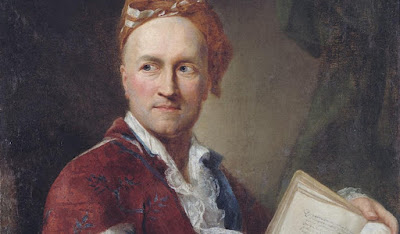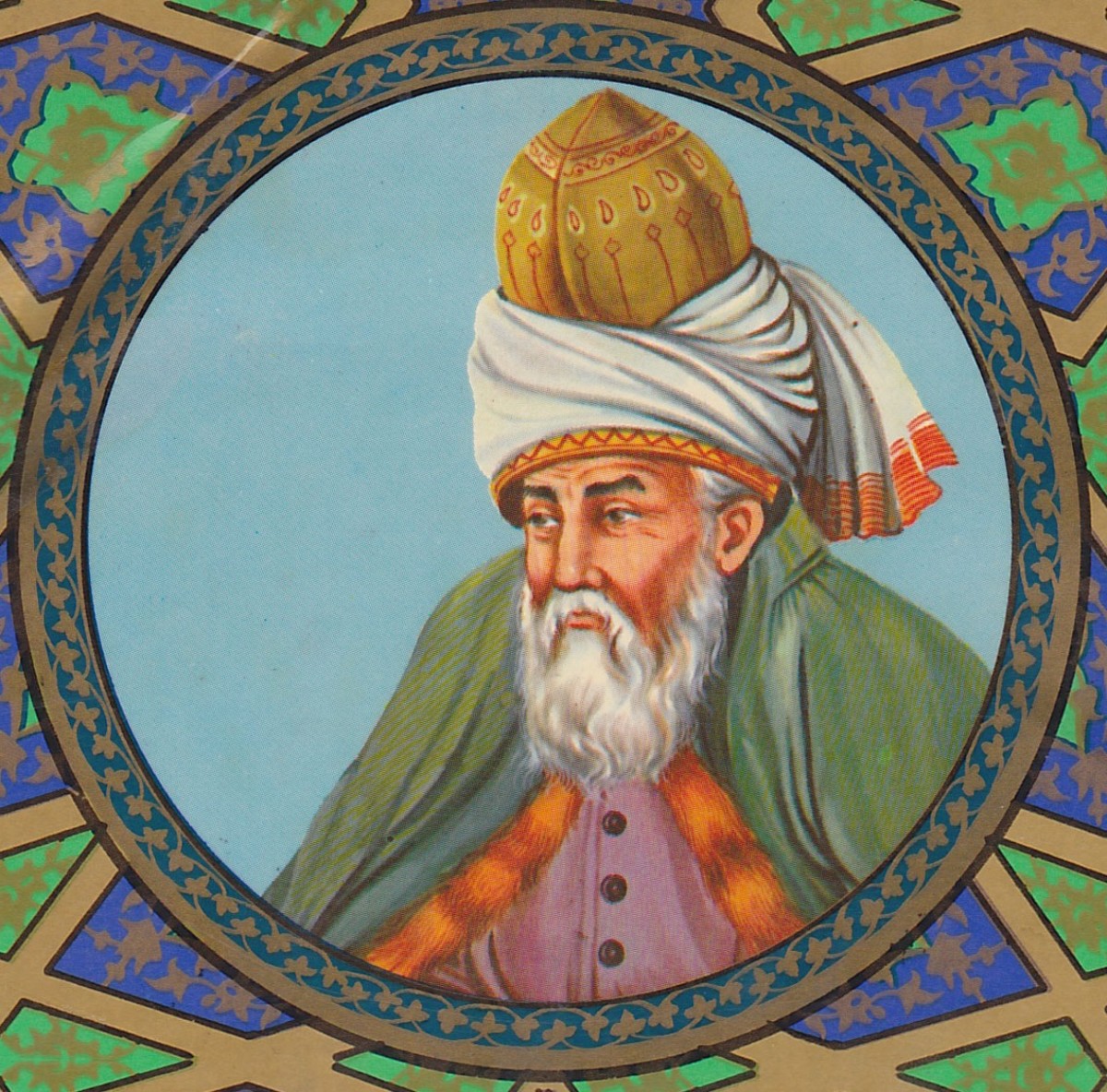Who Was Emer Vattel (1714-1767)?
The American moralist may know Emer Vattel as the source of that storied line in the United States Declaration of Independence: "We hold these truths to be self-evident, that all men are created equal, that they are endowed by their Creator with certain unalienable Rights, that among these are Life, Liberty and the pursuit of Happiness.”
Vattel's influence came primarily from his magnum opus, The Law of Nations. Who was he, and what was it about his ideas that inspired a global philosophical crusade which took as its object the search for the meaning of life? What does Vattelian happiness, and what about that conception is applicable in the modern world?
Vattel was born in Couvet in Neuchatel, a Swiss principality. Known to some as Emer Vattel, he had his first name spelt with two m's as in Emmerich. His father was a clergyman (a high-ranking one) in the Reformed Church, while his mother was the daughter of the treasurer general of the King of Prussia. Suffice to say Vattel wanted for nothing in his childhood, having come from a privileged background.
As was customary, Vattel trained in the humanities and the philosophy of the polymath Leibniz, being inspired primarily on the subject of human morality. This presumably was combined with his training as a law student to produce his verbosely titled classic work on international law: Le Droit des Gens ou Principes de la Loi Naturelle, Appliqué à la conduite et aux affaires des Nations et des Souverains. A translation: The Law of Nations or Principles of the Law of Nature Applied to the Conduct and Affairs of Nations and Sovereigns.
This work was greatly influenced by another work on early international law by Christian Wolff: Jus Gentium. Vattel was motivated by the need to make that earlier work accessible to a wider audience, given that Jus Gentium was written in Latin and full of mathematical demonstrations aimed at deducing a priori the inclinations of human nature.
Vattel's "Law of Nations" freed Wolff's ideas from its cumbersome attempted integration of mathematical law, eventually becoming far more influential in scope and legacy.
The following excerpt from his treatise provides a flavour of his moral tilt, philosophical underpinnings and ideas on the objects of human community:
"The end or aim of civil society is to procure for its citizens the necessities, the comforts, and the pleasures of life, and in general their happiness; to secure to each the peaceful enjoyment of his property and a sure means of obtaining justice; and finally to defend the whole body against all external violence."This work was noticed by contemporary philosophers and practicing statesmen alike. In fact, it won him enough prestige to be appointed a councilor to the court of Frederick Augustus II of Saxony.
While John Locke has generally been credited with influencing the philosophy of the American Founding Fathers, especially on the idea of "life, liberty, and the pursuit of happiness", a clear Vattelian theme runs through the tenor of the documents (the Declaration of Independence and the Constitution) they commissioned to provide the framework of governance of a newly independent country. Vattel was a 'natural lawyer', concerned with obligations and rights - of people and of nations - and with their moral underpinnings. Unlike many natural law theorists, however, he derived the general law of nature not from the Divine, but from 'reason and customs'. Here, then, are echoes of the common law focus on 'common right and reason', explicated by Sir Edward Coke in Dr Bonham's Case (1610). Morally righteous individuals conduct themselves invariably in accordance with the light of reason - Vattel abstracted and expanded that conception to nations: the law of nations was merely the law of nature as applied to nations.
As the "Law of Nations" reminds us, in this dark time of civil unrest and post-modern cynicism, there exists a thing worth fighting for and defending: our rights, our freedoms and our values. These intangible things are as necessary as Man's need to believe in the Divine.
"Nature gives men are right to employ force, when it is necessary for the defense, and for the preservation of their rights.... A right of so momentous a nature - the right of judging whether the nation has real grounds of complaint, whether she is authorized to employ force, and justifiable in taking up arms, whether prudence will admit of such a step and whether the welfare of the state requires it - can only belong to the body of the nation or to the sovereign, her representative."Use the following link to support this page by purchasing "The Law of Nations" at Bookdepository.com:




Comments
Post a Comment